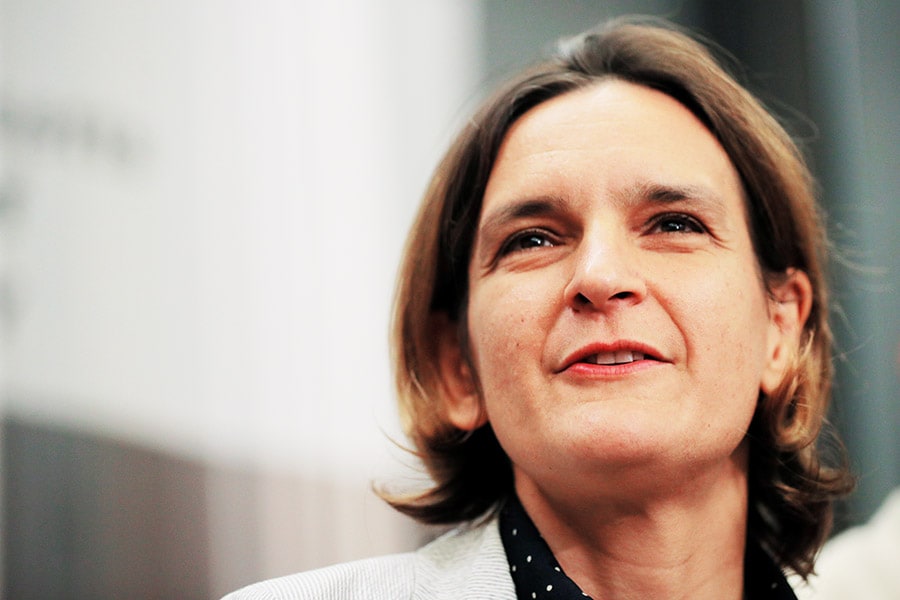
To ease the climate crisis, first figure out what works: Nobel Laureate Esther Duflo
Duflo on why the response to Covid-19 by wealthy countries left her pessimistic, and how inequality can make fighting climate change "a political problem from hell"
 A file photo of Esther Duflo, one of the three winners of the 2019 Nobel Prize in Economics
Image: Brian Snyder /Reuters
A file photo of Esther Duflo, one of the three winners of the 2019 Nobel Prize in Economics
Image: Brian Snyder /Reuters
For Esther Duflo, a worrying sign of how wealthy nations will manage the climate crisis and its impact on poor countries was evident in how the world reacted to the COVID-19 pandemic.
“With COVID, the pressure on rich countries was that if we don’t vaccinate in India, it’s going to come back to hurt us,” Duflo, a leading development economist, said in a recent video interview. “And even then we were not able to do it.” The global vaccine rollout has left her increasingly pessimistic about the likelihood of global cooperation on climate, she said.
Duflo, 49, has spent her life studying the impact of economic and social policies on the poor. Born in France, she became the youngest winner of the Nobel Memorial Prize in Economic Sciences in 2019. She co-founded and is co-director of the Abdul Latif Jameel Poverty Action Lab at MIT, which coordinates the work of 700 to 1,000 researchers around the world.
She has been pivotal in promoting the use of randomized control trials to identify development policies and programs that work, and she supports a similar approach for climate change initiatives.
Duflo will be speaking at The New York Times Climate Forward conference on Tuesday about the connection between inequality and climate change.
©2019 New York Times News Service







